Unlike cats and dogs, parrots and other pet birds are not domesticated, and this means that they require specialized methods of care that many people aren't familiar with. Handling a bird, for example, is a lot different from handling a domesticated animal, and if it's not done correctly, it can be dangerous for both the bird and its owner.
If you are new to keeping pet birds, then don't miss the information on safe handling below. Taking the time to make sure that you handle your bird safely and correctly can go a long way in making sure that both you and your bird stay safe and enjoy a long and satisfying relationship together.
- 01 of 05
Never Squeeze a Pet Bird
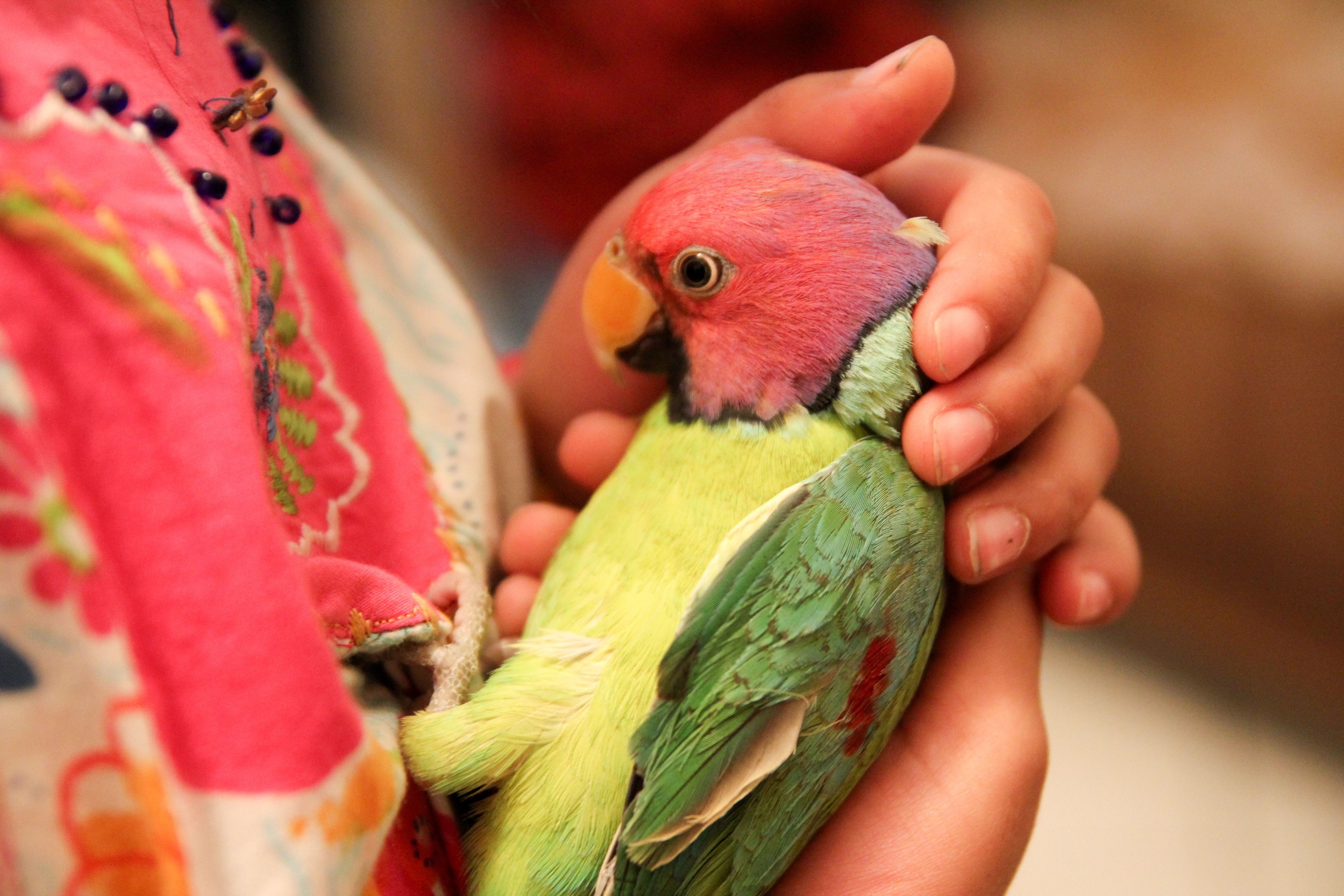
fahadee.com / Getty Images
While it is sometimes necessary to hold a bird firmly if you need to trim its nails, clip its wings, or perform another type of necessary procedure, it is important to remember that it is never okay to squeeze a bird.
Birds have fragile skeletons and delicate respiratory systems. Squeezing them too much can cause broken bones, organ damage, and any other number of problems that can lead to severe injury or a bird's sudden death. Keep your bird safe by never putting too much pressure on any part of its body.
02 of 05Teach Your Bird to "Step Up"
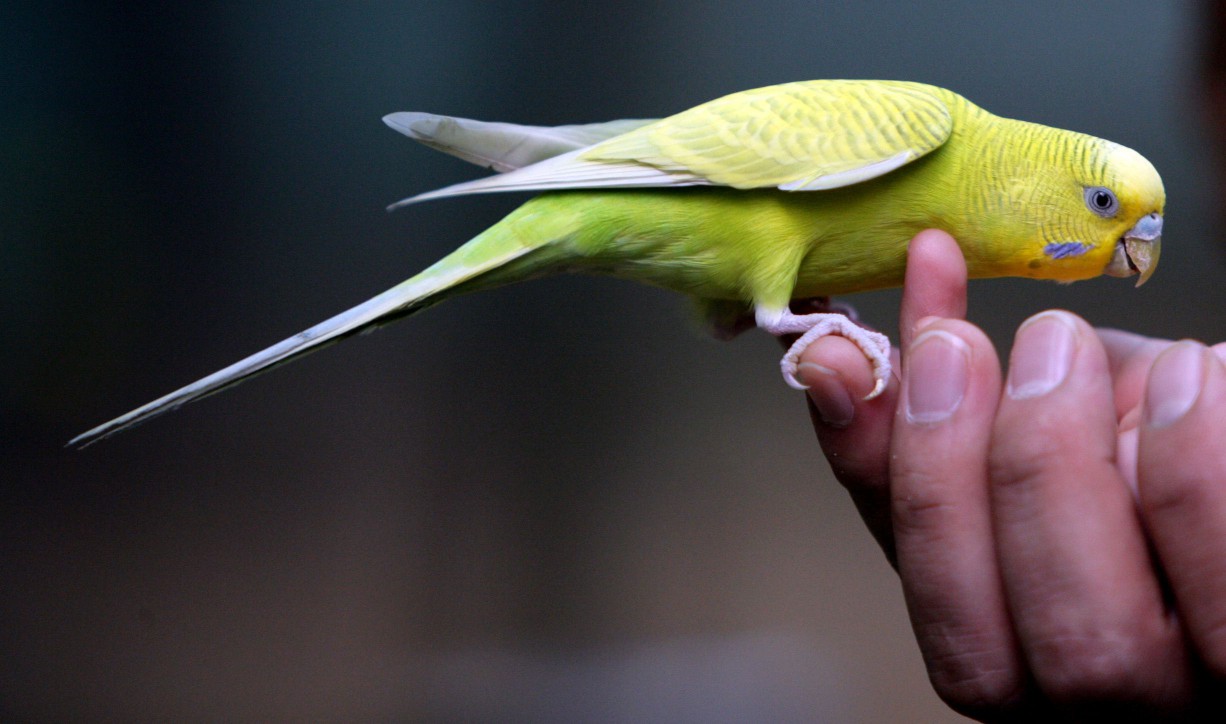
Floridapfe from S.Korea Kim in cherl / Getty Images Teaching your bird to step up can go a long way toward helping you handle your bird safely. Birds who refuse to step onto their owners' fingers often have to be toweled or grabbed when it's time for them to come out of the cage, putting them at risk for injury and severe stress.
If your bird doesn't know the step up command, then you should start teaching him to perform this function as soon as possible. Any bird owner will tell you that it is the single most important thing that you can teach your feathered friend.
03 of 05Don't Allow a Parrot to Sit on Your Shoulder
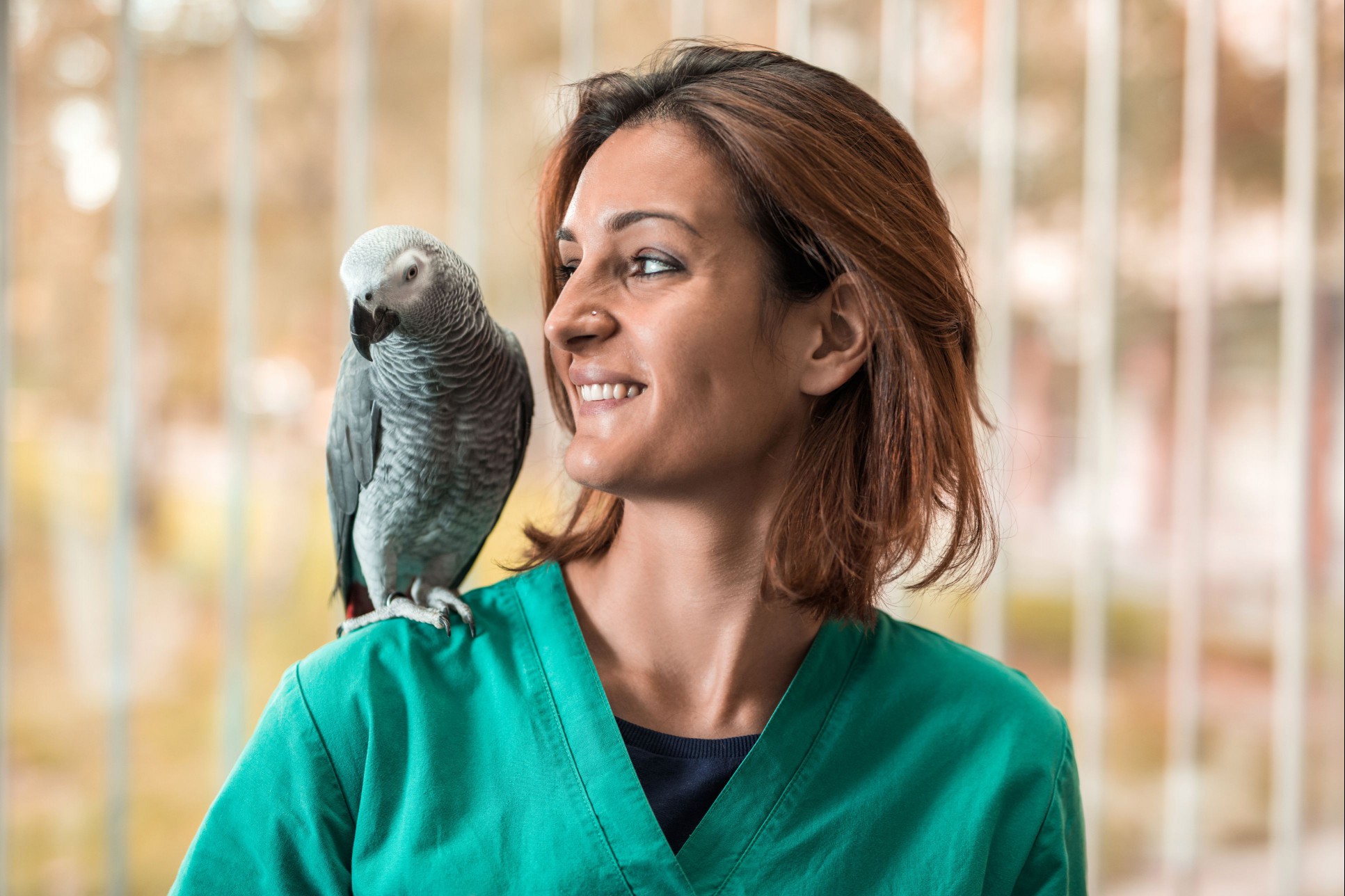
BraunS / Getty Images
Although movies and TV shows often show parrots perching happily on their owners' shoulders, there are several reasons why this is not a good idea. For one thing, even the tamest and friendliest birds are capable of biting if they become startled or otherwise upset.
Allowing a bird to sit on your shoulder puts them directly at face level with you, and puts you in great danger of sustaining a horrendous bite if something should go wrong. Prevent this sort of accident by holding your bird on your hand or forearm at a safe distance from your face and ears.
04 of 05Keep Your Bird's Wings Clipped
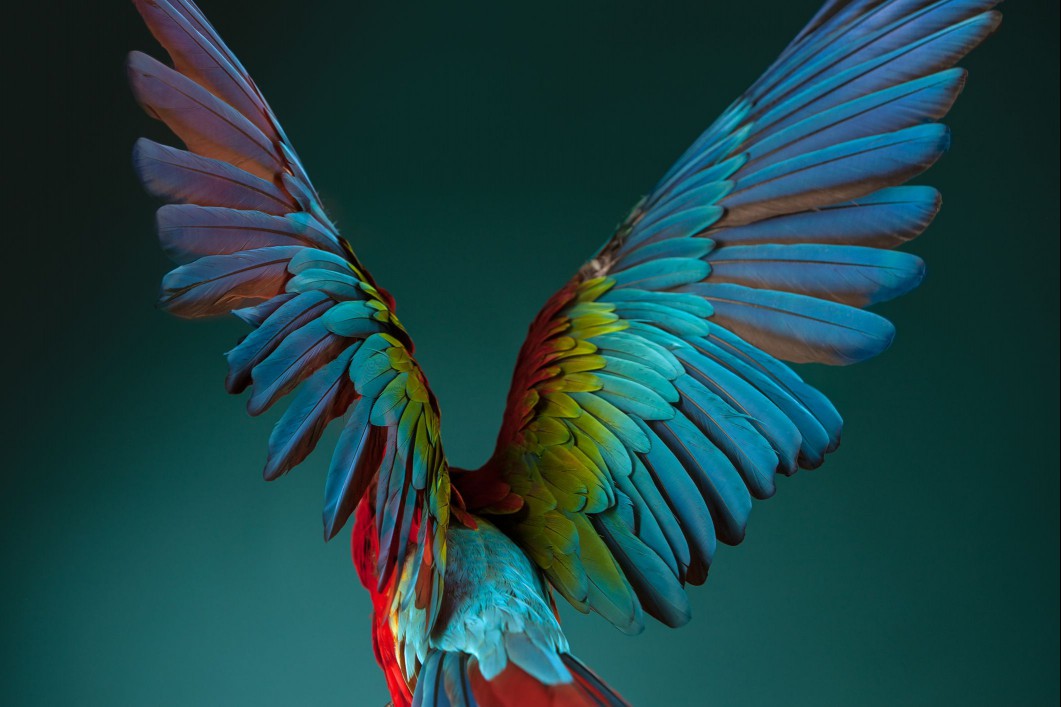
Tim Pratt / Getty Images Although it may not seem like it at first, clipping your bird's wings can help a great deal when it comes to handling your bird safely. Birds who have clipped wings quickly learn that they aren't capable of flight, so they will often become more dependent on their owners, sticking to them like glue when they are out of the cage.
Birds who are not clipped may be prone to trying to take flight when they are being held, leading owners to grab at them out of instinct. Since birds are so physically fragile, this can cause severe injuries. Clipping your bird's wings will help minimize such a risk.
Continue to 5 of 5 below05 of 05Guard Your Jewelry and Accessories
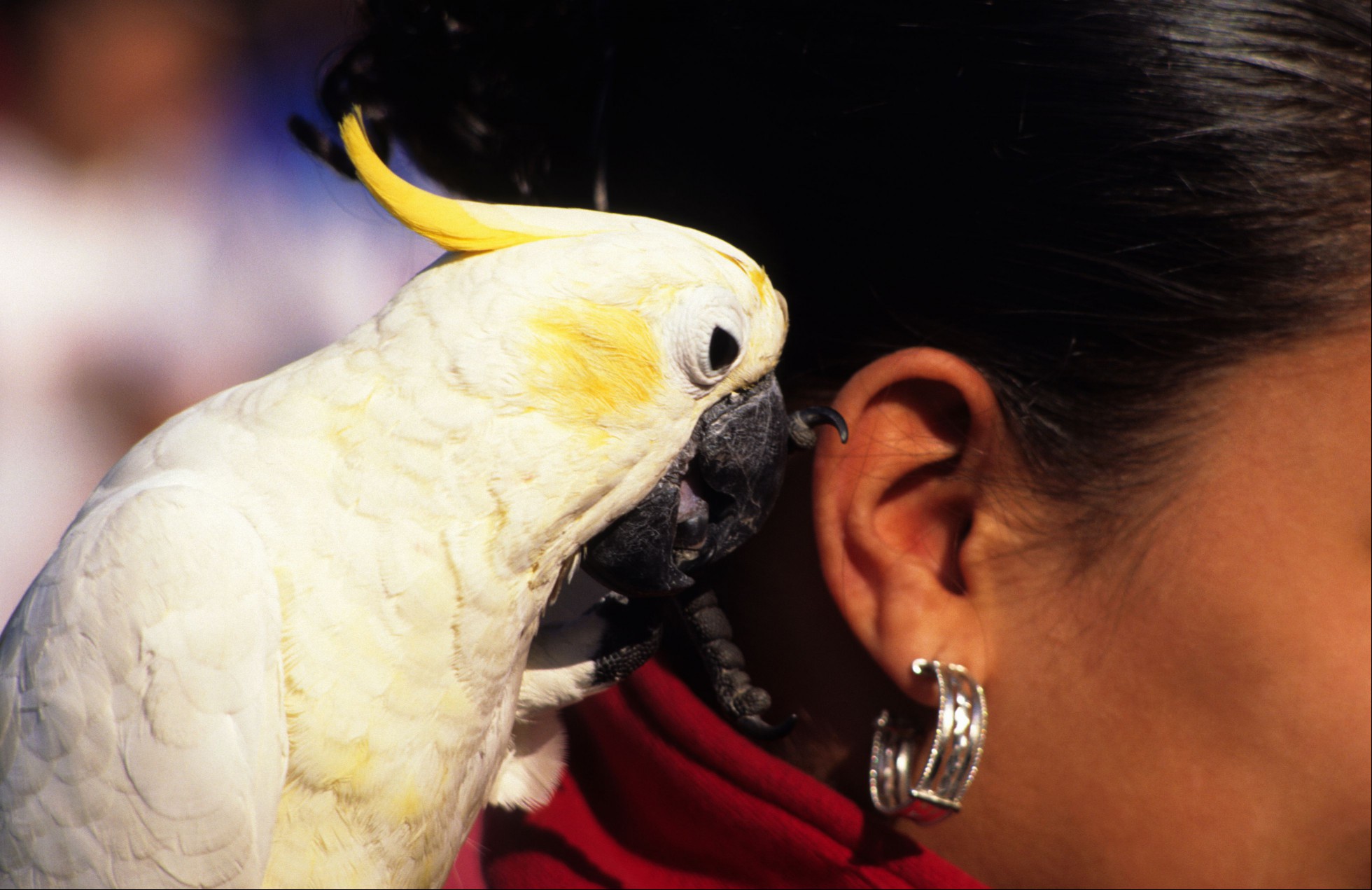
Hisham Ibrahim / Getty Images A final thing to keep in mind when learning to hold a bird safely is that birds love to bite and pick at small, shiny objects—so your rings, earrings, necklaces, and other jewelry will be pretty much irresistible to them.
More than one unfortunate bird owner can attest to what can happen if your feathered friend decides to go for an earring or another type of piercing. Play it safe by removing all jewelry before handling your pet bird, and keep a couple of safe bird toys on hand to keep your pet distracted.
If you suspect your pet is sick, call your vet immediately. For health-related questions, always consult your veterinarian, as they have examined your pet, know the pet's health history, and can make the best recommendations for your pet.Related Article
 small-birds
small-birdsJardine Parrot Species Profile
Jardine parrots are similar in appearance to their Amazon parrot cousins but their personalities co
 small-birds
small-birdsOwl Finch (Bicheno Finch): Bird Species Profile
The adorable Owl Finch (Taeniopygia bichenovii) is a small, long-tailed grass finch that hails fro
 medium-birds
medium-birdsBlack-Hooded Parakeet (Nanday Conure): Bird Species Profile
The nanday parakeet (formerly called black-hooded parakeet) is not a quiet bird, but it is a popula
 medium-birds
medium-birdsGreek-Cheeked Conure: Bird Species Profile
Popular as pets due to their small size, beauty, and intelligence, green-cheeked conures have
 bird-behavior-and-training
bird-behavior-and-trainingHow to Teach Your Pet Bird to Talk
Some species of birds have an amazing talent for vocalizations. If you have one of these species, y
 bird-behavior-and-training
bird-behavior-and-trainingHow to Stop Your Parrot From Biting
Biting parrots are far more common than you may think. All pet birds bite. While this is not to say
 bird-health
bird-healthSigns That Your Bird Is Depressed
Not only are birds capable of becoming depressed, but prolonged depression can lead to self-destruc
 bird-health
bird-healthEgg-Binding In Birds
Egg-binding is a serious and sometimes fatal condition that affects female birds of breeding age. I
About WhiskerClub
We are a premier digital platform committed to delivering high-quality content to our readers. Our mission is to provide accurate, reliable, and engaging information that adds value to our audience's daily lives.
Our team consists of experienced content creators and subject matter experts who uphold the highest standards of professionalism. In an era of information overload, we curate content with care, ensuring our users receive only the most relevant and trustworthy information.
Beyond just reporting facts, we focus on depth and context. Through expert analysis, comprehensive research, and clear presentation, we help our audience gain meaningful insights and make informed decisions.
We take pride in being a trusted information source for our growing community of readers. Our user-first approach means we continuously adapt to provide content that meets our audience's evolving needs and interests.
Innovation and excellence drive everything we do. We're committed to improving our platform and services to deliver the best possible experience for our users.

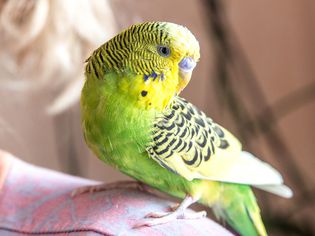
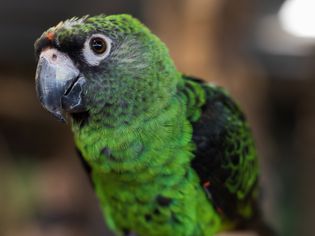
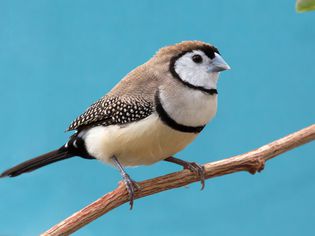
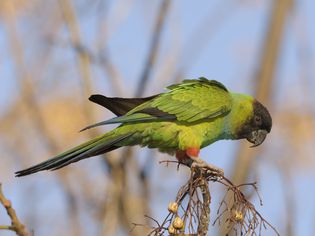
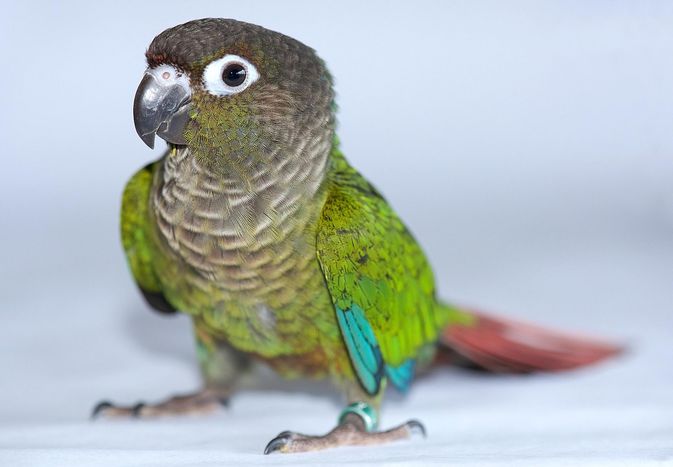
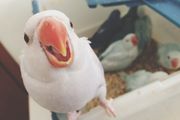
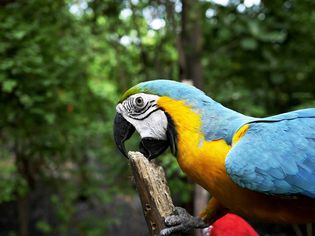
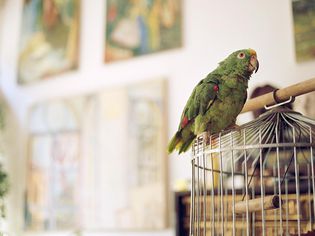
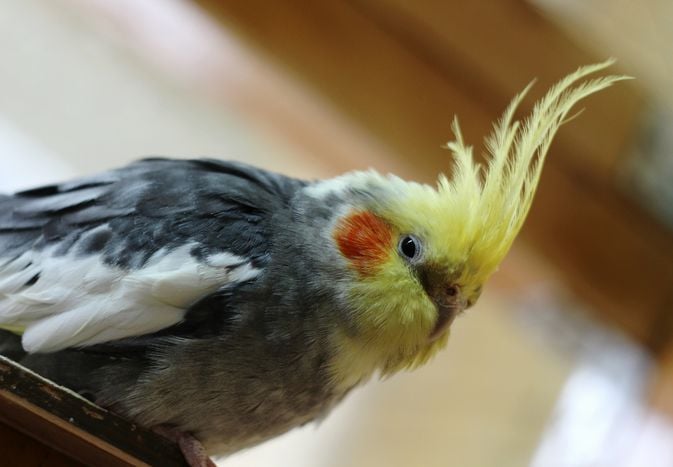
Comments on " Safety Tips for Handling Parrots" :